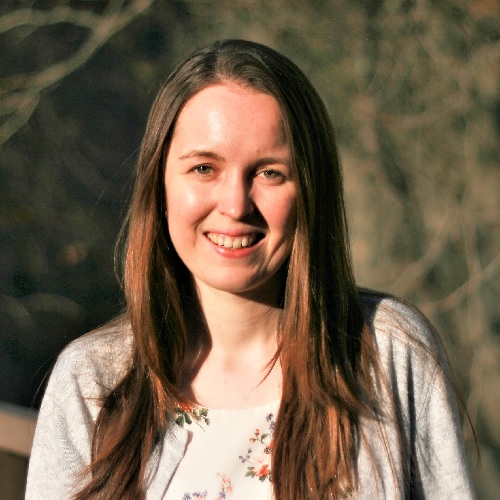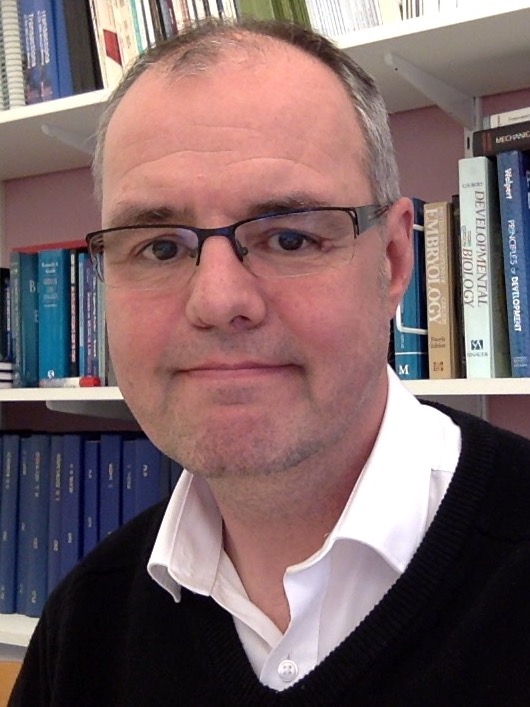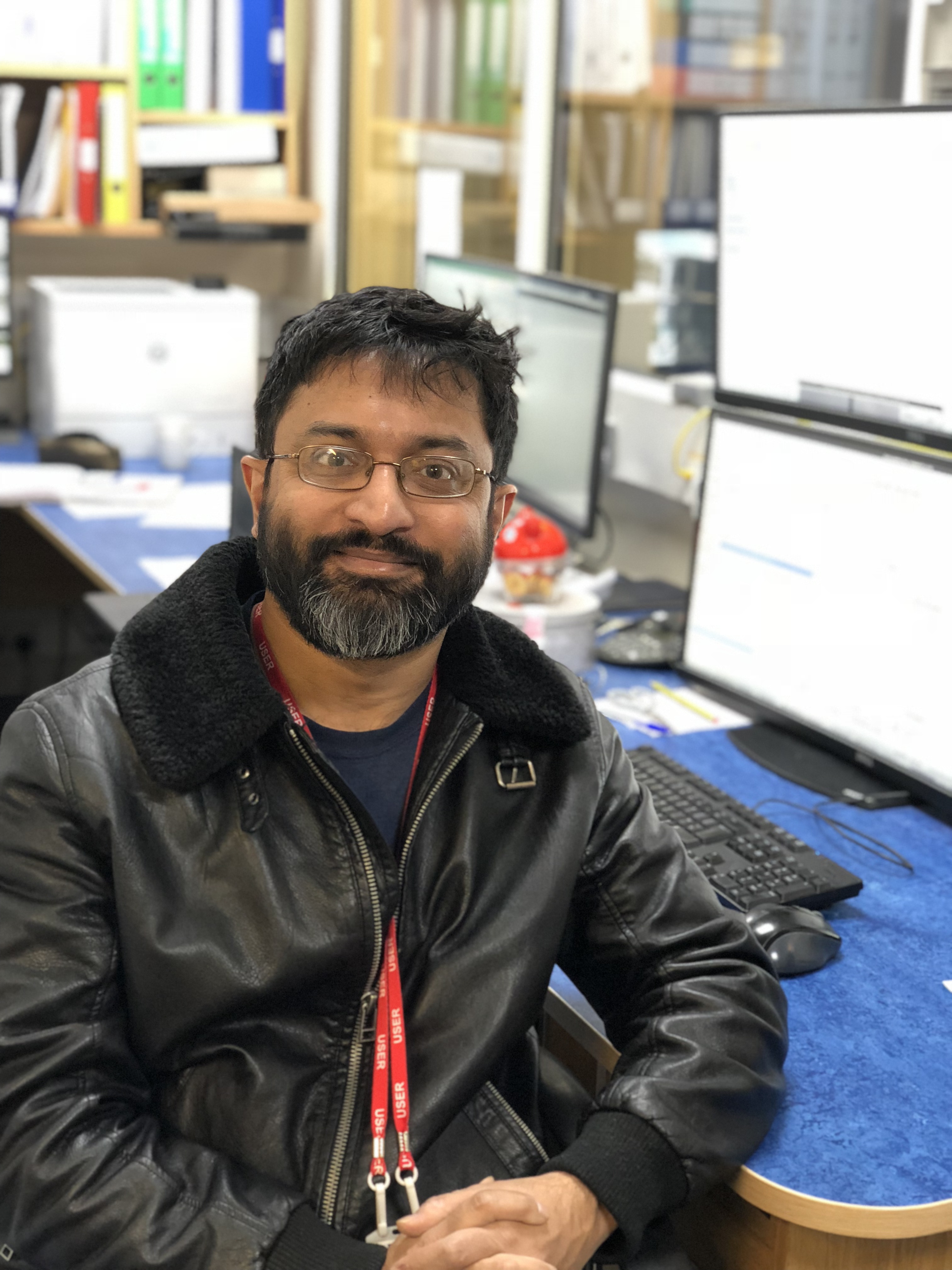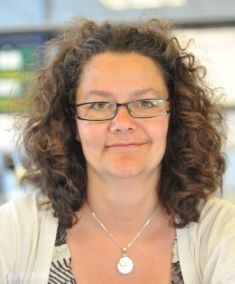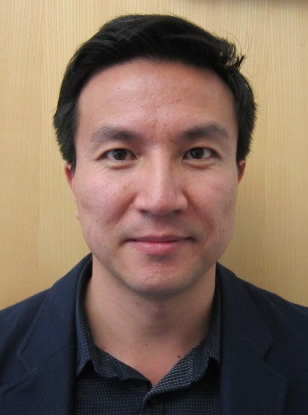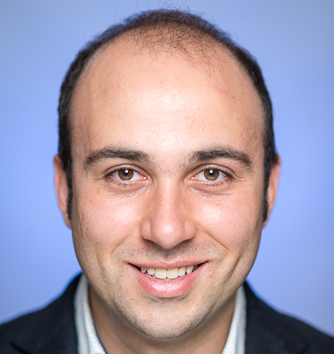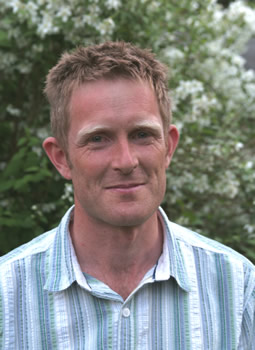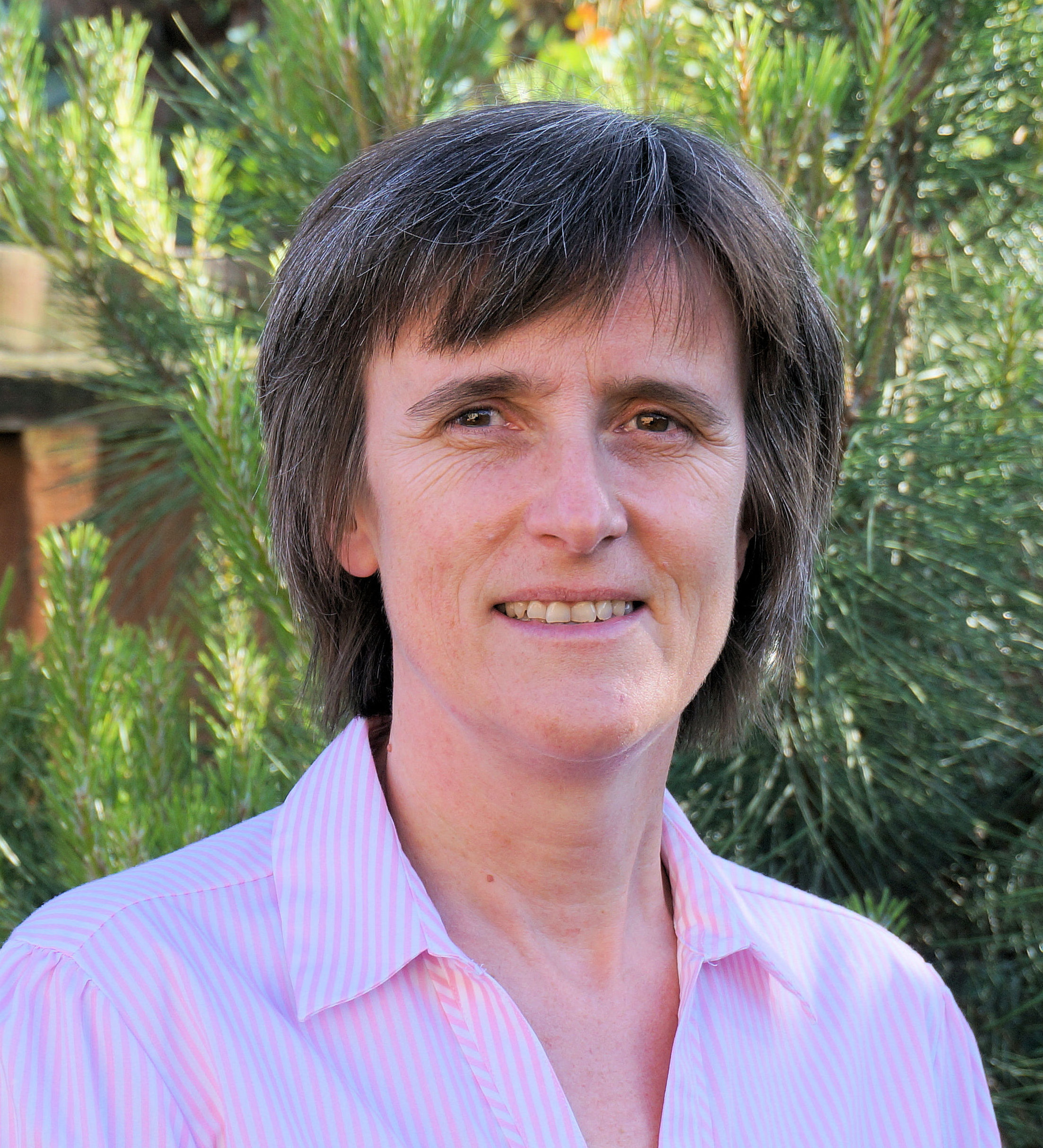Study options
- Starting in
- September 2025
- Location
- Mile End
- Fees
- Home: £12,850
Overseas: £29,950
EU/EEA/Swiss students
What you'll study
This programme aims to equip you with the skills necessary for a career in biomedical engineering. You’ll take compulsory modules on biomedical engineering in urology, plus ethics and regulatory affairs. Our non-credit bearing 'Essential Mathematics Skills for Engineers' module also brings you up to speed with the mathematical concepts engineers use to design structures, predict performance, and optimise systems.
The rest of your programme is determined by your interests and career aspirations. You'll have the flexibility to choose modules in diverse areas including electronics, medical robotics, nanotechnology and nanomedicine, sensors and clinical measurements and more.
You'll complete a large-scale individual research project in our excellent facilities, which include high-performance computing clusters and specialised laboratories.
Accreditation
Our MSc in Biomedical Engineering (Conversion) has been accredited by the Institute of Materials, Minerals and Mining (IOM3) and Institution of Mechanical Engineers under license from the UK regulator, the Engineering Council.
The accredited MSc will meet, in part, the exemplifying academic benchmark requirements for registration as a Chartered Engineer (CEng). Accredited MSc graduates who also have a BEng (Hons) accredited for CEng will be able to show that they have satisfied the educational base for CEng registration.
Graduates from an accredited MSc programme that do not also have an appropriately accredited bachelor's degree will need to have their qualifications individually assessed through the accrediting body's Individual Case Procedure if they wish to acquire CEng status.
Structure
- Two compulsory modules, plus a required non-credit bearing module
- Four elective modules
- Research project
Compulsory/Core modules
This module provides students with knowledge of basic mathematical skills that are essential for Engineering students. Topics covered are basic logic, sequences and series, limits, differentiation and integration, partial derivatives, complex numbers, basic vector calculus, matrix algebra and an introduction to ordinary differential equations.
The module is an intensive research module that spans all three MSc semesters. It draws together the knowledge and skills from the taught component to address a research challenge of significant scope to be undertaken independently, under supervision. It focuses on the technical, project management and communication skills needed to successfully execute academic- and/or industry-oriented research. The project entails to apply research methods to solve original problems of fundamental or applied nature.
This module provides an introduction to applied medical ethics and law related to the development of new products in the field of bioengineering. It provides knowledge of the regulatory mechanisms of approval of products for clinical use in the UK, the EU and the US, risk management and design processes.
The course explores a broad range of biomedical engineering applied to the clinical area of urology. Urological problems effect 80% of people within their lifetime necessitating the use of diagnostic and therapeutic technology. This important area of clinical bioengineering is rarely covered in degree programmes, despite the unmet need for skilled bioengineers in this area. The module covers the basic physiology and biophysics of the urinary tract in health and disease, with particular reference to clinical incontinence, clinical measurement and urodynamics as used by clinical scientists and clinical engineers for diagnostic assessment. It also considers the development and use of current and future medical devices including urinary catheters and implantable stents, artificial urinary sphincters, functional electrical stimulator implants and urological tissue engineering and regenerative medicine. The module is supported by external, clinical and industrial experts providing specialist information with the possibility of additional patient perspectives. This module is taught using flipped learning, that enables students to fully engage with the subject matter and learning objectives. This involves interactive face-to-face small group supervisions with the module organiser(s) and external experts. Students gain both subject specific knowledge and transferable, professional practice skills including the ability to explain and discuss bioengineering concepts, to ask appropriate technical questions of experts, to conduct data analysis tasks, to present graphical data, and to review and discuss scientific literature.
Elective modules
This module covers embryonic and adult stem cells, applications in tissue engineering and regenerative medicine; Cell technology: experimental methods in human cells and organ culture; Tissue engineering ¿ emerging technologies include tissue scaffold design, biomaterials, use of bioreactors, nanotechnology, engineering nanomaterials, microfluidics; and Tissue engineering from concept to clinical practice: basic research through to clinical application and impact of therapies
This module covers the fundamental areas of medical robotics and surgical techniques, introducing various medical robotic systems and their applications. These include surgical robots and robotic devices, prosthetics, assistive and rehabilitative robots and endoscopic robots. An insight into the engineering design, fabrication, control and comprehensive operation will be provided. In addition, a wide range surgical techniques and safety with a focus on equipment for use in surgery will be included. The importance of electrical safety, the regulations governing equipment, the principles of operation of a number of important monitoring devices and some of the major medical equipment used within a surgical environment will be covered.
This module will provide a comprehensive understanding of the concepts related to and underpinning biocompatibility. It will cover topics including proteins and protein adsorption, biomaterial- cell, blood and tissue interactions, Inflammation, wound healing, foreign body response, Toxicity, hypersensitivity and infection. The pre-clinical testing of biomaterials will be considered with respect to chemical exchange and degradation, cell response (proliferation vs differentiation), evaluation of material compatibility, evaluation of device functionality (biomechanics, remodelling/adaptation). The importance of the intelligent design of pre-clinical test regimes and unbiased critical analysis of test data to drive development and new innovation in biomaterials and medical device design will be emphasized through consideration of case study scenarios. Clinical trials and regulatory approval will also be discussed.
This module is concerned with natural biological materials and how design is optimised for appropriate function. It reviews the mechanics of natural tissues and cells and how they relate to structure and composition. The methods by which structures can function effectively within their natural load environment are also covered, in addition to how they may change with age, disease or damage. It brings this together considering the current methods for characterizing and investigating structure-function in tissues.
This hands-on module will guide the students through the process of biomedical device prototyping and manufacturing via various examples of fluidic chips, implantables, and functional tissue replicas which they will design and fabricate in the lab. Students will become familiar and practice the basics of (1) various polymerization modalities; (2) design for manufacturability principles; (3) advanced fabrication techniques, and (4) metrology and characterization methods to analyze the printed devices and implants. By the end of the module, they will be able to apply their understanding of manufacturing process capabilities and constraints to the design and manufacture of a new biomedical device which they will be challenged to develop and prototype for the final project assessment. The lab in conjunction with the complimentary modules will equip the students with the experience and skillsets required to operate in a medical device industry as a product engineer or product R&D researcher.
This module will explore sensing and measuring physical quantities interfaced to computer-based data acquisition and processing tools. As the signals produced are often complex and plentiful, tools to process and analyse them appropriately will be covered. Additionally, both theoretical and practical skills of data acquisition, build and signal processing will be taught. Key software of importance for managing the signals will be introduced and applied to students' fields of interest.
Please note that all modules are subject to change.
Assessment
- You will be assessed using a mixture of formal examinations and coursework in your taught modules.
- You will undertake self-directed work in completing your extended research project.
Research project
The research project forms a major component of your degree. You’ll complete this under close supervision.
Recent Biomedical Engineering (Conversion) research projects include:
- Image based techniques used to determine activation of cancer associated fibroblasts.
- Development of a 3D printed chip for the design of an organotypic vascularised skin model.
- Accelerated wear protocols for understanding clinical wear in modern hip prostheses.
—"As part of a group project, I had the opportunity to design and choose suitable materials for a prosthetic liner used by amputees. Our group presentation was judged by a representative from a world-leading company in designing prosthetics, Blatchford. I thoroughly enjoyed learning about the creative thought process behind translating engineering principles to help rehabilitate certain parts of the human body. This opportunity also allowed me to organise a day’s work experience at Blatchford’s manufacturing site."
Moresche Bartley, Biomedical Engineering (Conversion) MSc, 2019
Teaching
You'll be taught by staff with a wide variety of industry and research experience, in areas such as mechanobiology in osteoarthritis, nanostructured biomaterials in skin tissues and biocompatible biosensors. Our teaching staff have links with organisations such as the Royal Society of Medicine, the European Academy and OAtech+ Network.
Our academic research feeds into our teaching at all levels, ensuring you share in the latest advancements.
You will be taught through a combination of lectures, seminars and laboratory sessions, as well as completing coursework for academic feedback. You will be assigned an Academic Advisor who will guide you in both academic and pastoral matters throughout your time at Queen Mary.
Where you'll learn
Facilities
Our facilities include:
- BioFluids laboratory
- Cell and tissue engineering laboratories
- Confocal Laser Scanning and Super Resolution Microscopy Lab
- The Kidman (Gait Analysis) Lab, and Hip Wear Simulator
- Mechanical testing facilities and medical electronics lab
- Mechanobiology and BioAFM laboratories
- NanoVision Centre
- Centre for Predictive in vitro Models (CPM)
- Queen Mary+Emulate Organs-on-Chips Centre
- CREATE Lab
- Cardiovascular Devices Hub (CVDHub)
Campus
Teaching is based at the School of Engineering and Materials Science, on Queen Mary’s main Mile End campus, one of the largest self-contained residential campuses in the capital.
Researchers within the School may also have access to other specialised facilities elsewhere at Queen Mary, such as Nanoforce, NanoVision and the Blizard Institute for Cell and Molecular Science.
Our Mile End campus is 15 minutes from Central London by tube, where you will have access to many of the University of London’s other facilities, including the Senate House library.

About the School
School of Engineering and Materials Science
The School of Engineering and Materials Science (SEMS) was the first School in the UK to open a materials department and we’ve been at the forefront of international engineering and materials research ever since.
The internationally competitive work of our research groups pushes the boundaries of science: we’ve been awarded substantial grants to explore the creation of technology to capture energy from sea waves and develop artificial kidneys to avoid animal testing. Our research is even celebrated on stamps!
You will be taught by our internationally recognised staff and will have access to our outstanding facilities.
In the 2021 Research Excellence Framework (REF), the School ranked 7th overall in Engineering and 2nd for the measure of the quality of our research outputs. We are in the top 120 international institutions for engineering (THE World University Rankings, 2022). We are part of both the University of London and the Russell Group.
Career paths
You’ll leave this MSc as a well-qualified graduate, with opportunities for employment in many leading industries, as well as in research. Graduates of our Biomedical Engineering programmes have gone onto a diverse range of job roles including:
- Biomedical Engineer
- Research and Development Engineer in Medical Devices
- Biomedical Design Engineer
- Clinical Engineer
- Medical Engineering Technician
- Medical Laboratory Assistant
- Sustainability and Physics Engineer
- Trainee Clinical Scientist
At organisations including:
- NHS
- Buro Happold Engineering
- East Kent Hospitals University
- Imperial College Healthcare Trust
- JEB Technologies
- Oval Medical Technologies
- Stanmore Implants
- ICU Medical
- 95% of Engineering and Materials Science postgraduates are in employment or study 15 months after graduation (GOS, 2021/22)
- 89% of those postgraduates are in highly skilled roles (GOS, 2021/22)
Fees and funding
Full-time study
September 2025 | 1 year
- Home: £12,850
- Overseas: £29,950
EU/EEA/Swiss students
Conditional deposit
Home: Not applicable
Overseas: £2000
Information about deposits
Queen Mary alumni can get a £1000, 10% or 20% discount on their fees depending on the programme of study. Find out more about the Alumni Loyalty Award
Funding
There are a number of ways you can fund your postgraduate degree.
- Scholarships and bursaries
- Postgraduate loans (UK students)
- Country-specific scholarships for international students
Our Advice and Counselling service offers specialist support on financial issues, which you can access as soon as you apply for a place at Queen Mary. Before you apply, you can access our funding guides and advice on managing your money:
Entry requirements
UK
Degree requirements
A 2:2 or above at undergraduate level in a science subject (such as Biology, Biotechnology, Biomedical Science, Biochemistry, Medicine, Life Sciences, Chemical Sciences, Pharmacology, Pharmaceutical Science etc).
Find out more about how to apply for our postgraduate taught courses.
International
English language requirements
The English language requirements for our programmes are indicated by English bands, and therefore the specific test and score acceptable is based on the band assigned to the academic department within which your chosen course of study is administered. Note that for some academic departments there are programmes with non-standard English language requirements.
The English Language requirements for entry to postgraduate taught and research programmes in the School of Engineering and Materials Science falls within the following English band:
Band 4: IELTS (Academic) minimum score 6.5 overall with 6.0 in each of Writing, Listening, Reading and Speaking
We accept a range of English tests and qualifications categorised in our English bands for you to demonstrate your level of English Language proficiency. See all accepted English tests that we deem equivalent to these IELTS scores.
Visas and immigration
Find out how to apply for a student visa.





